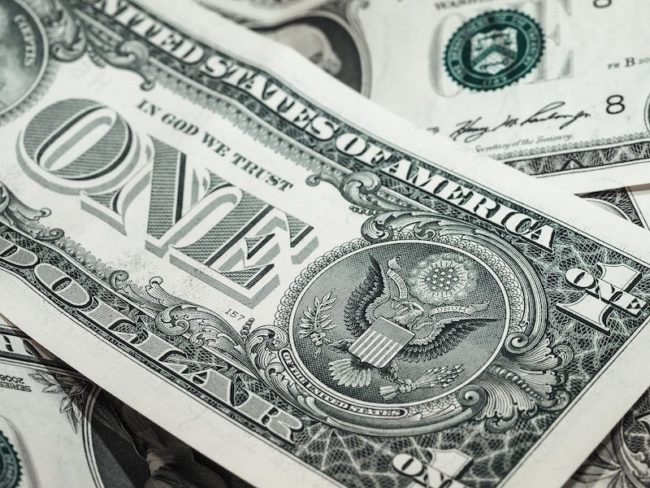Economists looking at the coronavirus pandemic are worried about indicators of the U.S. economy entering a recession. However, the alternative of reopening the economy this month – whether or not the virus subsides – could have catastrophic effects on the healthcare system and economy.
“I would love to have that. It’s such an important day for other reasons, but I’d love to make it an important day for this. I would love to have the country opened up, and rarin’ to go by Easter,” President Donald Trump stated at the White House Rose Garden on March 23, 2020.
Lieutenant Governor Dan Patrick made remarks regarding COVID-19 that same day: “No one reached out to me and said, ‘As a senior citizen, are you willing to take a chance on your survival in exchange for keeping the America that America loves for its children and grandchildren?’ And if that is the exchange, I’m all in.”
The outbreak of COVID-19 has led to extreme measures throughout the United States to contain the contagious virus. The World Health Organization has qualified this spread as a pandemic that is “accelerating” according to the WHO Director General Tedros Adhanom Ghebreyesus. Cities and counties, including Dallas County, have issued shelter-in-place orders, thus having individuals stay home and non-essential businesses close.
Because of these extreme measures, the US economy has begun to slow down. Many experts state that the economy will enter a recession due to the demand and supply side-shock.
Dr. Jim Hollifield, a professor in Political Science and the Ora Nixon Fellow in International Political Economy, and Dr. Bernard Weinstein, an economist and director of SMU’s Maguire Energy Institute, both emphasize the recession that the United States will inevitably enter as a result of the pandemic. The question remains whether the recession will be short-lived and something the country can bounce back from, or if it will take more time for the economy to slowly recover.
The threat of a recession can be frightening, which is why reopening the economy and returning to business-as-usual can sound appealing. However, according to prominent medical experts such as the White House’s own Dr. Anthony Fauci, returning back to “normal” is unrealistic and dangerous.
“If Trump says ‘everything should be open for business’ a lot of businesses will open up especially in Republican-dominated areas and I suspect a lot of people will die,” said Professor Jeffrey A. Engel, director of the Presidential History Center at SMU and a professor in History. “I would strongly suggest that people who refuse to listen to experts should consider the Darwinian effects of their actions.”
Not only will many people die if people do not listen to public health experts, but the economy will also suffer as a result. According to Dr. Hollifield, if the country were to return to normal and abandon social distancing practices, there may be a small economic boom initially, but a much worse economic crisis would follow.
“If we make the wrong decisions, we will overwhelm the government’s ability to control [the virus] and the economic crisis,” said Dr. Hollifield. “If people are dying in the streets and we enter an ‘every man for himself’ mentality, it does not matter what the government can do.”
“If the healthcare system is overwhelmed, more people die as hospitals treat almost exclusively COVID-19 patients, thus unable to treat patients with other ailments, which would be a medical disaster,” said Dr. Weinstein. “Our economic prospects could turn out to be worse.”
Trump has since called for social distancing practices to remain in effect until April 30, backpedaling on his earlier comments and heeding experts’ advice.
The United States was late in its response due to a lag in testing, letting the virus spread undetected. However, there is still time to avoid the worst-case scenario of an overwhelmed health care system, like we are seeing in both Italy and Spain.
Social distancing practice and shelter in place orders will slow down the economy, but they will also save lives and help doctors and nurses who are on the front lines in hospitals working to capacity. This is a pandemic, a word that the WHO does not use lightly and it has to be taken seriously. We all want a return to normalcy, but there is no way to force it and doing so would create an unprecedented economic depression and result in the deaths of millions throughout the United States.









